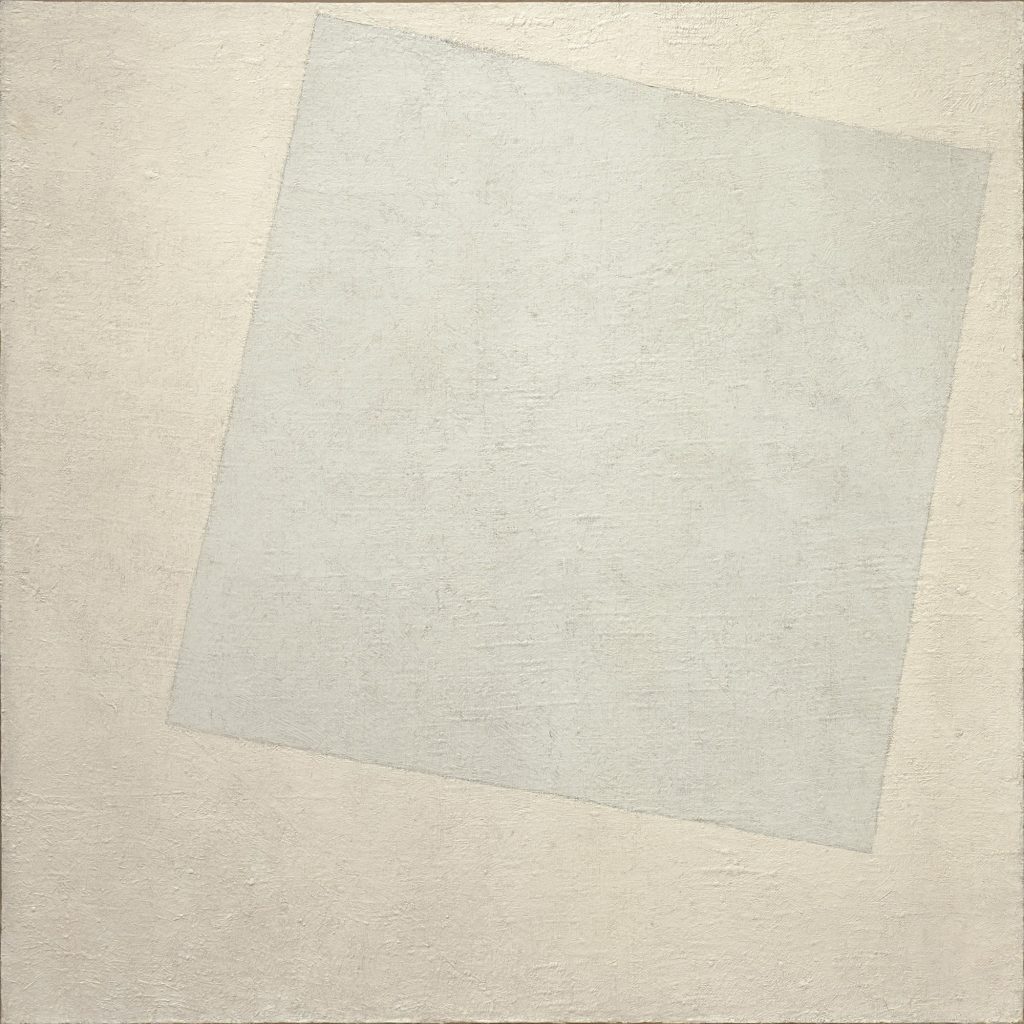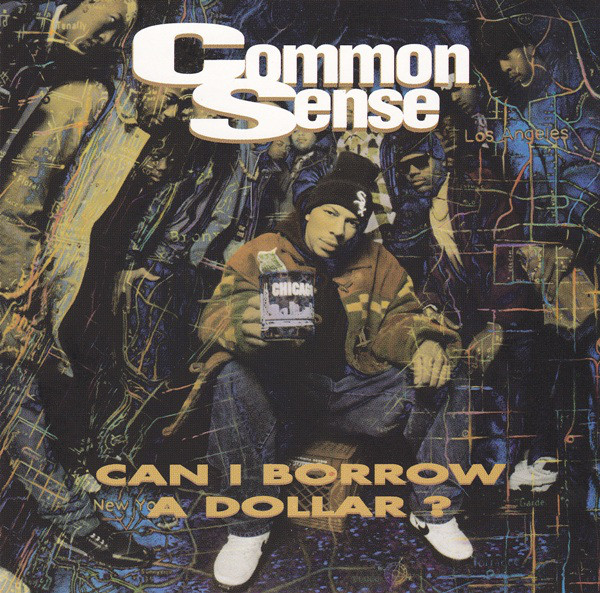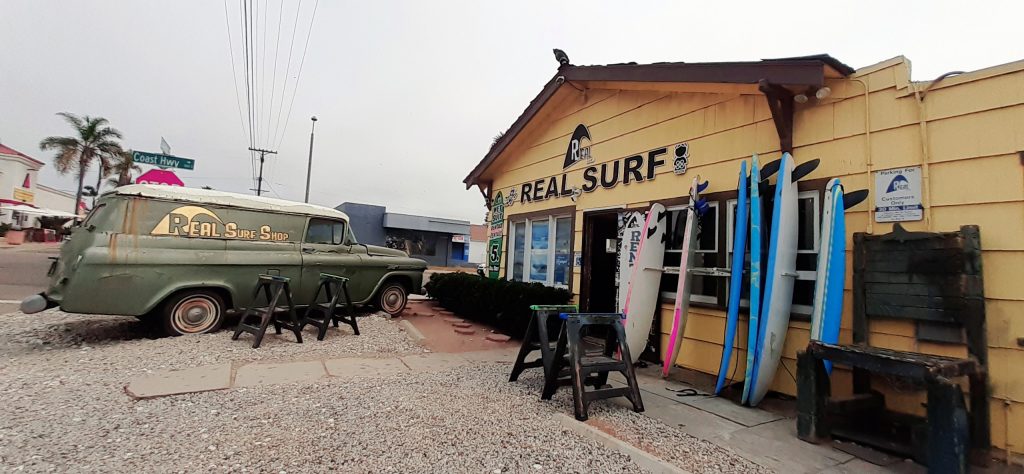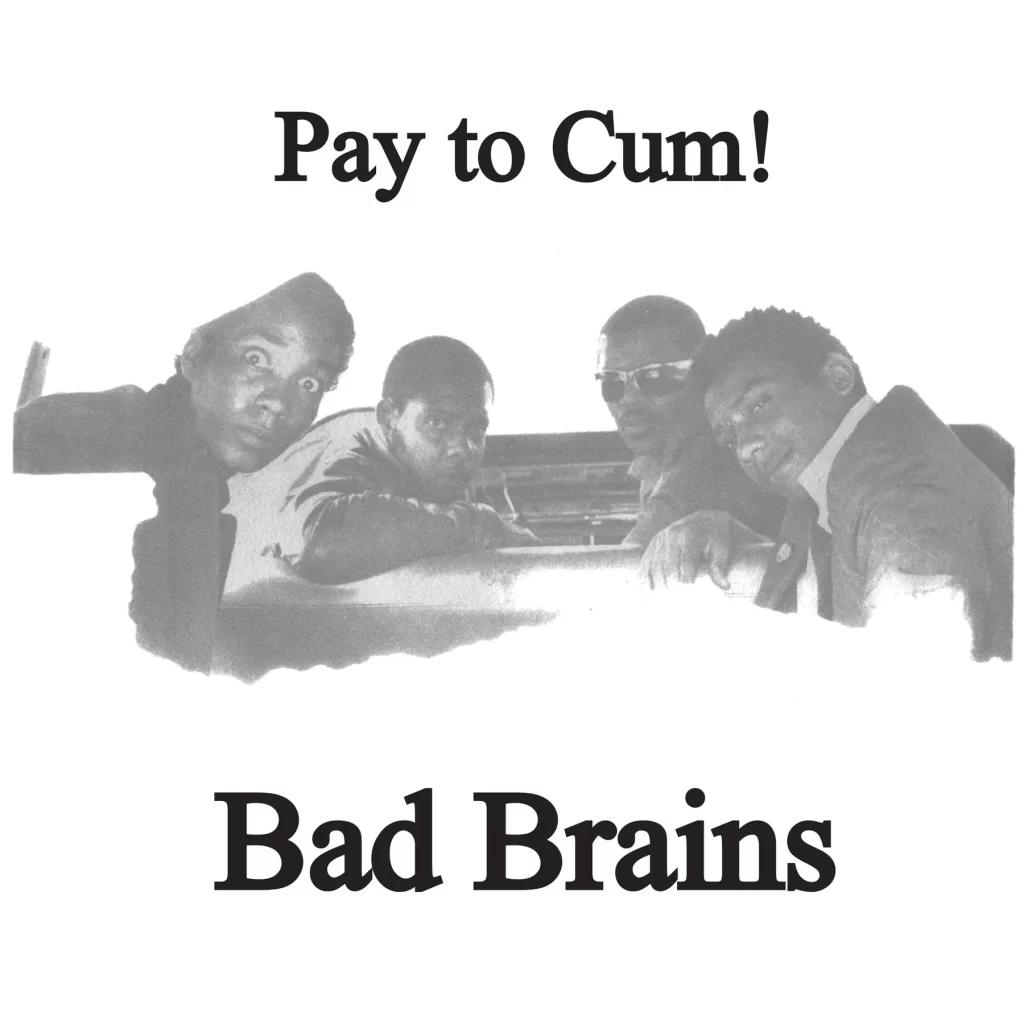
white squares float
within an ivory field:
no referential frame,
minimal abstraction –
une réalité externe.
the artists’ palm
paints life’s textures:
asymmetrical purity,
A Love Supreme.


DIGITOPIΛ
Technology conglomerates will access transcendental languages, localities, and emotions. Digitization shall enable nations to eliminate tactile human engagement to speed up global development – scaling and management…sans human capital. User culture will become multi-sensory, as digital technology transcends behavior responsiveness.
Shapeshifters teleport deep into the human psyche as post-mortem cyborgs intuitively track user migration toward unnavigated web sectors (ergo eternity). Virtual designers post-construct our digital experience and, in the process, self-/co-create and viralize the omniverse. Human thought is rendered obsolete as augmented data decimates theoretical relativity.
As post-apocalyptic users, how will we feel and process the inevitable – an existential shift from organicity to digitopia? How shall we determine and our browsing instincts sans emotionality in the midst of the digital monetization of conglomeration? Extending beyond collectivism – this Internet (War) of Things (IWOT)..or is it the Internet War ON Things (i.e., the digital piratization of tactile spaces mutating into an emotionless omnipresence)?

by Synchronized Chaos Co-Editor Kahlil Crawford
This month we consider nontraditional philosophy across all media. A departure from the stoic philosophy of centuries-old granite statues, our contributors sculpt new outlooks keen on personal experience and (self-)critical observations true to the semantic essence of philo (“loving”) + sophia (“knowledge, wisdom”).
“Philosophy is a struggle against the bewitchment (Verhexung) of our understanding by the resources of our language.“
– Ludwig Wittgenstein, Philosophical Investigations
Norman J. Olson examines his intuitive art philosphy of being a professional hobbyist. He ruminates on his existence as an “old school” artist seeking meaning in the contemporary milieu, and the embrace of his work by the literary set. MA Papić prophesizes the postfuturistic state/fate of our living planet – referencing the limitations of free thought as well as our history of global hysteria and multiethnic anxiety.
Ivan Arguelles’ latest poetry collection HOIL: An Unfinished Elegy, reviewed by Christopher Bernard, highlights the paradox of our existence. No matter how high our creative aspirations soar, we still, like the poet’s son who passed away recently from encephalitis, have to live within bodies vulnerable to illness, injury and age. Doug Hawley elucidates a deistic look at the universe through a humorous interview with God, who set nature in motion and then, bemused, watched it unfold.
Chimezie Ihekuna espouses his philosophy of sexual chastity in pursuit of “Mr/s. Right” across dimensions, whether it be professionally or personally. J.J. Campbell continues his explorations into domestic angst. Physical and emotional pain powers his poetic suite in an intimate manner devoid of companionship. Poet R.M. Englehardt explores physical death in his poetic suite. The darkness of music and his Southern Goth aesthetic emanates through words filled with bitterness, rage and personal nostalgia.
“…and philosophy is nothing else, if one will translate the word into our idiom, than “the love of wisdom.”
– Cicero, De Officiis
Poet Susie Gharib takes us on a contemplative retreat thru her celestial monastery alongst a water sphinx and cerebral historian. Daniel DeCulla bemoans the vagaries of an unsuccessful fishing trip and the unpredictability of the natural world. Joan Beebe illustrates the simplistic beauty of nature with succinct descriptions of flower, bird, star, sky, sun, and soul. Conversely, poet Jake Cosmos Aller provides a retrospective account of complex, global affairs and personal transformation, which all fuse together in a fateful dream.
Visual artist B.T. Lowry postulates a “polyculture of complementary knowledges” to ensure human sustainability and honor inspired by “badland landscapes with knobbly stone hoodoos and deep ravines.” Neila Mezynski offers a poetic catharsis in the spur of the moment akin to the transience of Mark Young‘s graphic photography. Their creative nontraditionalism is further echoed by the surrealistic poetry of Husain Abdulhay and John Dorroh.
“Philosophy is the question: from which side shall we look at life, God, the idea or other phenomena.“
– Tristan Tzara, Dada Manifesto 1918
Author Cliff Garstang provides culinary and commuter backdrops for his short story and novel excerpts exploring familia and human dynamics. D.S. Maolalai’s poetry celebrates the beauty of moments of ordinary life with regular people: drinks with friends, the moment just before a couple gets engaged, father’s perfect turkey soup. Even an ordinary moment can be quite lovely with time and care.
Book columnist Elizabeth Hughes introduces us to the work of Glenn Peterson as he chronicles his Mother’s journey from Nazi-occupied Denmark during WWII to the safer shores of North America. Meanwhile, Jeff Rasley takes us through the streets of Kathmandu wherein the ramblings of his emerging culture shock quake beneath the lives of regular people. Mahbub also finds inspiration through travel, visiting gardens, temples and elephant sanctuaries in Thailand and wishing for the same peace and posterity as the resting cats he sees.
Essayist Abigail George evokes literary modernist Franz Kafka in her autobiographical tale of monstrosity, abuse, pain, love, and healing. Similarly, the poetic determinism of Mickey Corrigan evokes Rimbaudian symbolism, as he captures our participation in the cycles of nature.
“…philosophy arises from awe, a philosopher is bound in his way to be a lover of myths and poetic fables.”
Thomas Aquinas, Commentary on Aristotle’s Metaphysics
Film critic Jaylan Salah illustrates the appeal of the movie adaptation of Sophie Kinsella’s romantic comedy Confessions of a Shopaholic to Egyptian young adults as more Western consumer products became available due to economic globalization. Yet, economic reversals in the country rendered the seeming prosperity and the culture that grew up around it a mirage, tempered by reality in the same way as the book character’s credit-card financed lifestyle.
Actor Federico Wardal describes a performance where he intentionally blurred the distinction between illusion and reality to delight the audience. San Francisco poet Joan Gelfand likens the local tech scene to a bovine pasture – is the Silicon Valley tech dream really all its cracked up to be? Or is it merely an insomnia-induced illusion as described by poet Henry Bladon?
“…begin the long, slow process of reintegrating the Eastern philosophical tradition with the Western one…by restoring the application of theory to practice as a central measure of philosophical worth…”
Adrian Piper, Yoga vs. Philosophy?
Finally, and poignantly, returning poet Joan Beebe contributes a wistful piece where she remembers the simpler and happier days of her past.
Fear of a Living Planet (Sides A & B)
There might be lots of opinions on what is most important to the dignity of humans, but all of those opinions, these days, fall into only one of two camps: those who believe in a living planet, and those who do not. In these two camps reside an operating principle that determines the underlying logic and prejudices that filter concepts around politics, religion, power and diversity that lead to different logical conclusions. Within these two camps there is a constant overlap in identities and roles, but subjective and seemingly objective conclusions skew in only two poles: living or dead planet by nature.
A living planet is a planet that must be respected and worked with — while a dead planet waits, like a sterile clay, for something or someone to animate and give it direction. In these two models and camps of philosophy a person either believes in their right to step into the role of sole creator or to allow themselves to be part of a more dynamic, collective creation. History shows that philosophies of domination and exclusion always found their rights to oppression in the belief that somehow this world was separated from the essential living spark that created the planet, and ultimately space and time. Abandoned through this separation, the essential life force had to be pantomimed by those in positions of an almost god-like power.
Oppressors ultimately believe in a dead world and see all other peoples, beings and materials as essentially inanimate objects to be manipulated, collected and controlled. They sell this view through their methods of media and outright coercion, so that a perversion of all other concepts of love or philia discussed in the day to day discourse are set to serve the dead planet paradigm. A dead Earth philosophy allows for the exploitation of labor, mass incarceration of minorities and outliers, as well as the wholesale use of poisons being poured into the ground as a method for increasing fertility. The logic ultimately finds itself, by whatever means, using poison and poisonous virtue signalling to generate fears towards the basic tenets of life and co-existence.
A typical dead Earth view can distort many ultimately useful concepts, such as those we might find in holy books. One example could be found in Genesis, where the idea of “dust to dust” is first posited. Of course there is a deeper conversation around the loss of immortality (unfettered and direct connection to the Godhead) and the casting out of Eden that accompanies this scenario, but taken as a well known phrase often used by Christians to show humility in the face of life on Earth, there is something about it that begs our attention.
Dust to dust, or Earth to Earth is reflective of a circular system, one where the body returns from whence it came. The body, itself, returns to itself through what are primarily biological processes. As a society that reduces its pieces to chemistry and physics, to mechanical agents in a system that somehow gives life but is not made of life, we find the body’s return to Earth troubling. We thwart this process by infusing the body with chemicals when possible, making the very thing we are meant to return to the Earth toxic. The circle of life is broken in our efforts to maintain a separation from the subsumption of humans bodies into those of micro-organisms and insects, into those beings that function as part of a larger biological system.
Only in a system where the body has been reduced to some less than whole version of itself can we find a rationale that manages to treat the body as separate from the world of its biology. This rift between humanity, Earth and an underlying living systems unity can be traced down through dogmas that developed along with the technologies of production. This rift was exploited as technologies grew so that humans and their planet could be parsed into bits, cut into small and tiny parts to be manipulated as objects out of relation to the whole.
Although the spiritual truths of our culture pay lip service to our unity with a biological foundation, the dominant political narrative has been one of an essential deadness that we must pretend exists in us. In archaeology, it is understood that the way in which a culture buries its members is a core element for understanding their relationship to life and myth. If that is the case, then our culture will be known for a hallmark of denial and for absorption with its own creations to the point of exhibiting a complete division with the realities of biology.
In this way, a belief in a dead planet is the foundation of the schizophrenic nature of our culture, and an underpinning of its widespread mental debilities. To reconcile ourselves with the dead planet theme, we offer the chemistry of modern pharmacology in place of integration and have done so with stunning results. This, of course, has been our history and has led us to the brink of a self-fulfilling group prophecy of end times. These end times, of course, are just a new beginning – one whose character and timbre are up for argument.
The Rebirth (of a Living Planet)
For many today who espouse living systems design there are lineages in every discipline. There have been voices that at first held the lineage of older cultures, and then there are newer voices that link them to the politics of the day. It is not impossible to draw deeper connections between the voices of mystics who healed in keeping with the seasons and plants, and spiritual teachings and those who point to statistics illustrating the dire need for women; and primarily women of indigenous cultures, color, and poverty to be uplifted from their oppressed placements within their local cultures and the global culture at large.
A living planet requires and thrives in biodiversity, and it evolves itself towards cooperation. From early findings of the naturalist Darwin, through the work of evolutionary biologists such as Lynn Margulis, to the recent research of scientists who have found that insect communities evolve to cooperate and negotiate – this is a thread found in science. The concept of competition as a type of demi-god of a dead system view is refuted by Darwin’s full texts, and continued by all the work that shows our bodies are not simply bodies, but interconnected ecosystems working in tandem with our tiniest and oldest living ancestors of microbiota.
Denial of a living planet is necessary for those who would deny the planet and its beings the intrinsic rights of the living, such as dignity and freedom. This denial and its collapse was picked up in the prophetic voices of scholars and rights advocates for generations. Announcing itself again and again, a living planet and the fear it induces in those who see their lives as somehow exceptional and primary and all others as unnecessary and troubling was called out as unsupportable. Famously, in 1990, Fear of a Black Planet was released by the musical group Public Enemy (PE). Taking their thoughts from scholarly foundations while involving themselves in the plight of their people regarding race, color, economic power, and urban experience; PE represented a collective voice heard ‘round the world. Their truth spoke to the power of our fear – the one upheld in the dominant undertones of even the most free-thinking areas of our society. The truth of a living planet is that it requires no supremacy, no hegemony, and absolutely no single best way or people.
Right to self determination, to equal value, to space on the land and air and water – all of those rights we tend to think of as human rights must be extended to our view of our planet. We may need to eat, make houses, and take up space as a species; but that does not correlate to a set of rights to displace, destroy or demean others. As our technologies evolve into the ethereal space of computing, this balancing of rights is core to our maintenance of this planet and its peoples. To maintain our evolution we must shift to circular systems so the rare minerals we mine and the refuse we create no longer go into the few virgin territories left in the wake of our dead planet history.
The fear of a living planet will not go quietly, we have seen; but it will go either taking our society and our bodies with it, or it will go on its own while we, as creatures, persist. Our biosphere, our bodies, our very selves as mini-ecosystems can only move forward if we choose to comprehend our place within this world. Whatever the spark that created our planet’s conditions for life, whatever dressing of myth or belief we choose to relate to our visions of perfection and gardens of life – there are still only two choices. We must choose to love a living planet with its limitless forms of expression, with its constantly vibrating and oscillating identities and interactions between them; or we can choose static views and static roles, and ultimately a static planet. Stasis is death, and yet we have been taught to adore it at all costs; to demand that our structures and our identities and our hierarchies do not change. We currently fear our planet, not out of humility for the circle of life in which we participate; but because we fear the true beauty of interconnectedness.
Kahlil Crawford (Liner Notes)
A simple Ecosia search for “Gaia” rendered me unto a multisensory dimension of indie rock tragedy, digital apocalypse and transcendental nomadism:
MA Papić
(n/adj/v)
rare hybrid:
part scholar,
part artist,
part designer,
part activist,
part scribe,
part icle.
A grandaughter of Hrvatska (Croatia), she processes stimuli with one foot in The Americas (Turtle Island) and the other in the Balkan Peninsula (Balkanski poluotok). Her hands, however, hover within an eclectik spacetime of disembodied poetics, liminal philosophy, encrypted economies, and so on….
MA’s creative range is harmonic and agile, volleying across platforms and modalities toward our inevitable, intersectional balance. She emits the post-apocalyptic coded language of Rucker & 4Hero, Wiliams & Krust – exhibiting the full cycle of creative resilience and epic finality.
HARDSCRABBLE
Common sense would tell us we are born free.
Unfortunately, that is not always the case (or may not remain so for very long). After getting acclimated to this world, we are later governed by it – its stipulations outweigh your potential, which determines your net value. You become commodified and forced to sell your gifts to the highest bidder for the rest of your existence. Should you resist, you assume a fate of perpetual hardship and struggle.
Much of my outlook is based upon my observations and experiences as a native and resident of Chicagoland. The Windy City is a political game of opportunity driven by displaced ambition within a setting of scarcity. It generates a sense of desperation lending itself to criminal thinking and acting, plus feelings of fear and resentment. In such a setting, it may seem difficult to celebrate the achievements of others when your own success is not guaranteed.
Many escape to warmer and/or wealthier climates to tread the greener grass. Some return home to what is familiar and cut their losses instead…
There is also hope in struggle and that’s when Chicago serves as a bedrock of faith and springboard for progress. If you can make it in or through Chicago, you can definitely make it anywhere. Either way, if you embrace the City of Big Shoulders she will carry you forward.

REDD ARMOIRE
home – a desolate block – died inside of me at Newport Beach where I witnessed a miniature Versailles sidewalk surfing, and learned the fitness virtues of surfboards & yellowtail.
never mind the grungy beachside citizens wading along the oil-contaminated surf- “we’ve still got the best waves” – as evidenced by the splattering of surfer bars and nascent Brazilian cafes.
bikini-clad girls in flip-flops and trucker hats parade up and down PCH and Main sans aim – purpose nor destiny – a quick pedal home toward paternal security
the surf shops hide away long forgotten legends of the tide and sand lamenting an old glory that never was – only imagined.
see, the preservation of a local culture is drowned out not by waves and songs of the seagull, but by corporate cranes migrating North.

NU-JAZZ PUNK BLUES
It’s easy to count your losses and blame yourself.
You quickly scramble for compensation..
Scolding from loved ones echo thru your mind…
IT’S TIME TO PAY THEM BACK [but how?] ….

You BUCK UP & become who they said you SHOULD be.
You abandon your instincts.
You eliminate what seemingly has not worked for you.
You throw away clothes, music, etc. – identifiers of your “failed” existence:
You delete your social media.
You change your area code.
You comb your hair to the side.
You join a gym.
You start tanning.
You start speaking the King’s English.
You approach women whom normally wouldn’t give you the time of day…
You hang out at Starbucks:
You APOLOGIZE.